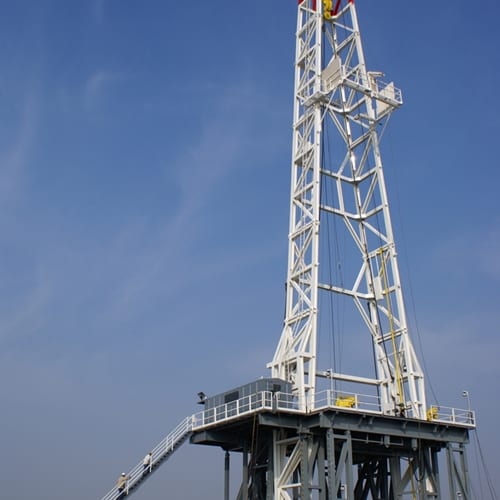As a result of incidents such as the 2010 BP oil spill, federal regulators are stepping up investigations and enforcing violations surrounding safety procedures on oilfields, placing higher pressure on offshore project managers to maintain compliance at their sites.
Facilities managers are already under great stress to ensure that their processes are compliant with Occupational Safety and Health Administration (OSHA) regulations. Now companies will have to step up their efforts to maintain safety standards even further as regulators redouble their monitoring duties.
According to a report from the Houston Chronicle, the new penalties are just as harsh as the restrictions, with civil fines reaching up to $40,000 per incident. Recent "incidents of noncompliance" for Ensco Drilling, Nabors Offshore Corp. and three other contractors in the past few weeks could result in a number of companies falling victim to such penalties.
All this monitoring, though is part of a campaign from government regulators to avoid a repeat of the Gulf oil spill and to restore the public's faith in the government's ability to avoid another disaster. Unfortunately for the companies at the center of the investigations, this could come with a high price tag.
"It helps the public understand who plays by the rules and who breaks them," Bob Deans of the Natural Resources Defense Council said about the new regulations. "That's an important part of holding companies to account."
When it comes to safety on offshore facilities, it is just as important to make sure that companies have proper oilfield insurance in place as well as up-to-standard safety regulations. As much as businesses are wary of OSHA violations and the toll feeds can take on the bottom line, not being properly insured in the event of a workplace accident is not just a financial nightmare, it's often a personal tragedy, should it involve a worker getting injured.

